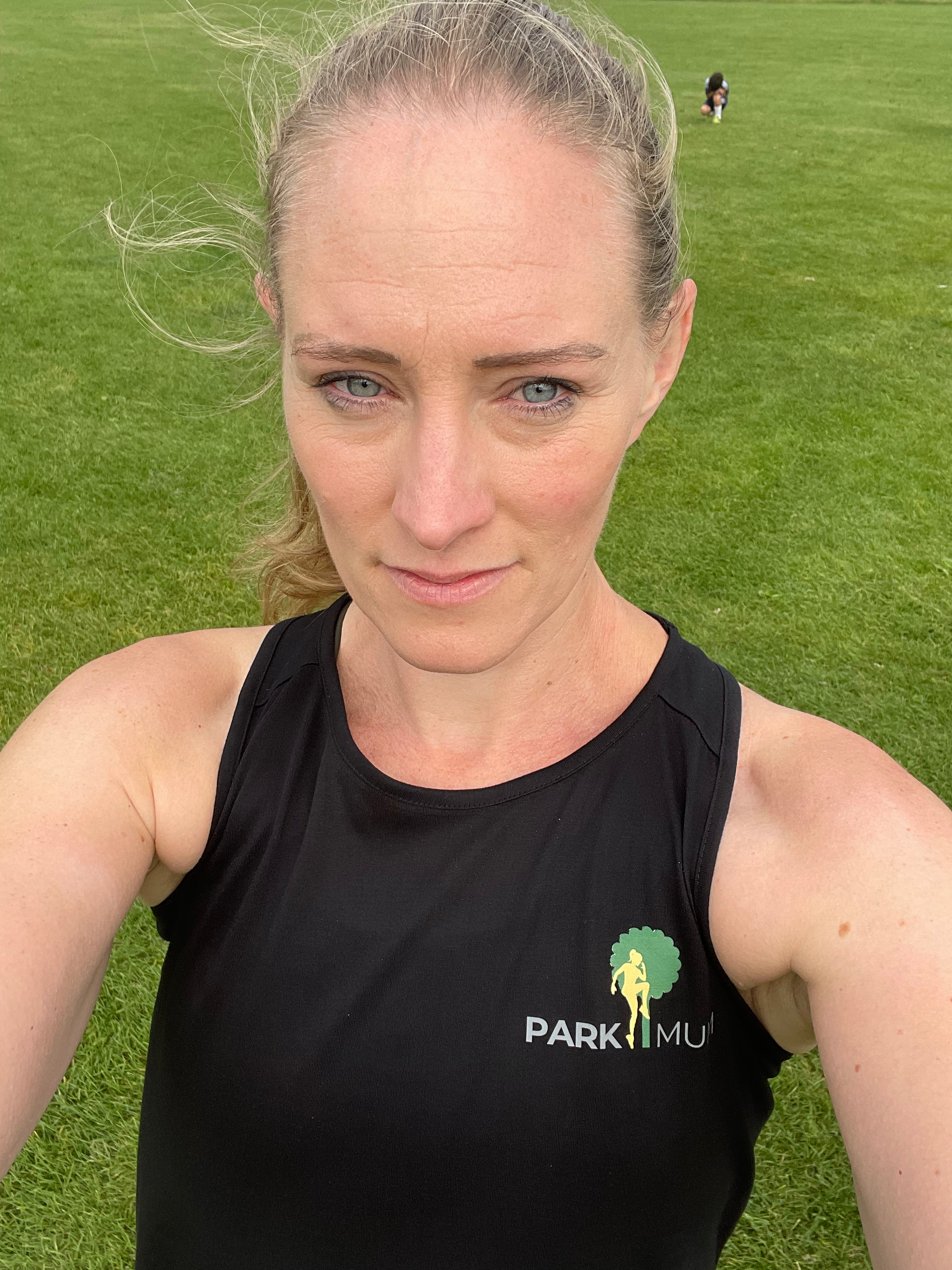How the menstrual Cycle can affect your training
- Becky Parkmum

- Jun 13, 2021
- 3 min read
Updated: Jun 26, 2021
women’s menstrual cycle has different phases; the menstrual, follicular, ovulation and luteal phases, which is often broken down more broadly into just the follicular and luteal phases.

First comes the menstrual phase, when you get your period and her levels of hormones estrogen and progesterone drop. This typical lasts 3-7 days but can vary between individuals.
This also kicks off the follicular phase, which begins on day one of your period and continues until you ovulate, a total of about 16 days. During this phase, the pituitary gland releases follicle stimulating hormones (FSH).
During the ovulation phase, luteinizing hormone (LH) is released in response to the follicular phase raising estrogen levels.
Finally, we enter the luteal phase. This is where we see a rise in progesterone and a slight increase in estrogen levels, followed by a drop in both hormones and a restart of the cycle. The luteal phase is when we experience those “lovely” PMS symptoms, like bloating, headache, weight changes, food cravings and trouble sleeping. This phase last 11-17 days.

Now we understand the cycle phases: how does this effect how we train?
Scientists have been looking into how our fluctuations of hormones across the menstrual cycle can lead to different outcomes and concerns / changes to our training outcomes.
I have always had a passion for fitness and now as a Personal trainer I workout constantly and I do notice the difference to my performance throughout the month.
Here are some of my tips to keep in mind with training with your cycle in mind
1: Don’t skip strength training in the first part of your cycle.
Several studies have looked at difference responses to strength training in the follicular phase (the time from your period until ovulation), verses training in the luteal phase (from ovulation until period).
Some research has found that strength training during the follicular phase resulted in higher increases in muscle strength compared to training in the luteal phase. If you start paying attention to your cycle, you may find your strength training pays off a little quicker. But as we are not professional athletes just listen to your body and just because a week ago you managed to lift that heavier weight, this week this may not be possible: this is totally normal and could be because of your hormonal cycle not because you have not been training hard enough.
2: Watch out for tendon injuries on fertile days.
A startling statistic for females playing professional sports is that women are 3 to 6 times more likely than men to have injuries to their anterior cruciate ligament (ACL).
Studies have found that as females we are at risk most in the days leading up to ovulation, when estrogen is high. The luteal phase was associated with the lowest risk. It is worth doing longer warm up exercises and not over stretching during your potential fertile days. Personally, whenever I feel a little discomfort in my joints while doing exercises I then try and figure out my cycle. Again, listening to the female body and if you feel your joints are hurting then switch and adapt what you are doing.
3: Don’t beat yourself up in the second part of your cycle.
In the second part of your cycle progesterone rises significantly. Your body temperature is also higher during this phase by about 0.4 degrees after ovulation and stays high until menstruation. Your body is preparing for potential pregnancy, should an egg be fertilized.
As a result, you may find that you don’t have as much endurance during the luteal phase. You may not be able to hit max lifts or run your longer distances. You will feel worse in training compared to the first part of your cycle. So don’t judge or be hard on yourselves, as females we all have these phases. Decrease performance is totally normal and even professional female athletes have this. Listen to your body and accept that some weeks you will be hitting all the goals you want and others you are just maintaining those goals and that is fine!
4: Take rest days in the second part of your cycle.
Based on the above information you might want to schedule your rest days during your luteal phase. That doesn’t mean you should entirely skip training especially if you’re training for a marathon as an example. Just move and train more lightly and gain base strength.
#female #menstration #periods #training #strength #buggyfit #buggyfitnw1 #parkmum #femalecycle #restdays #personaltrainer #natalfitness #whentotrain #howarecycleeffectstraining #periods #monthlycycle #femalepersonaltrainer #hormones #howtohormoneseffectraining #fitness #periodsandtraining #buggyfitnw1 #parkmum #natalpt #natalfitness #femalepersonaltrainers #femalepersonaltrainerlondon



Comments